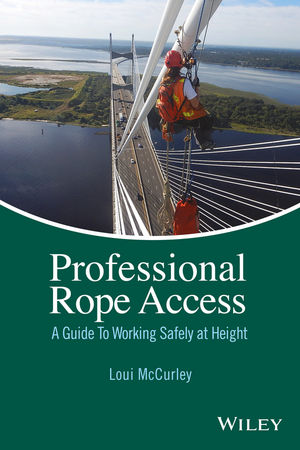The National Federation of Independent Business (NFIB) warned Congress that the federal regulatory bureaucracy is a runaway train and that the office in charge of approving regulations appears to be asleep at the switch.
“Government regulations and red tape are one of the top concerns of our members,” said Karen Harned, Executive Director of the NFIB Small Business Legal Center. “Most small business owners can’t count on regulatory compliance specialists and lawyers to help them keep up with all of the new federal regulations they must follow. With an average of ten new regulations a day, small business owners are spending more time on paperwork and less time focusing on their business. That’s bad for their bottom line and for job growth nationwide.”
Harned testified in front of a House Judiciary Subcommittee on Regulatory Reform hearing reviewing the regulatory actions of the Obama administration. The subcommittee is focusing on the Office of Management and Budget’s Office of Information and Regulatory Affairs, which has final review over all impending regulations.
Harned testified about the disproportionate effects of regulations on small businesses. Regulatory costs for small businesses are now nearly $12,000 per employee per year, which is 30 percent higher than the regulatory cost burden larger businesses face, according to NFIB.
Rubber stamping regs
“OIRA is not performing the rigorous independent analysis needed to ensure that the proposed benefits of a new rule truly outweigh the negative economic impacts,” said Harned. “They are supposed to make sure that the agencies are doing their homework, but instead they seem to be just acting as a rubber stamp right now.”
She presented two examples of how agencies recently failed to consider the harm done to small businesses by regulations. First, the Environmental Protection Agency and Army Corps’ Waters of the United States regulation was pushed forward despite objections from the Small Business Administration’s Office of Advocacy, which pointed out that the agencies refused to conduct a required Regulatory Flexibility Act study.
Second, the Department of Labor recently announced a rule more than doubling the salary threshold for required overtime pay. The rule would be particularly expensive for small businesses in small or rural markets where cost of living and average wages are low.
Harned also expressed concerns about “midnight regulations” that could be coming next year. NFIB believes that OIRA should clearly state that agencies cannot push forward new rules after the 2016 election.
Finally, NFIB is concerned about how agencies are pushing forward new policies outside the regulatory process. Harned talked about an upcoming NFIB report that documents how small businesses are affected by these “subregulatory” activities.




